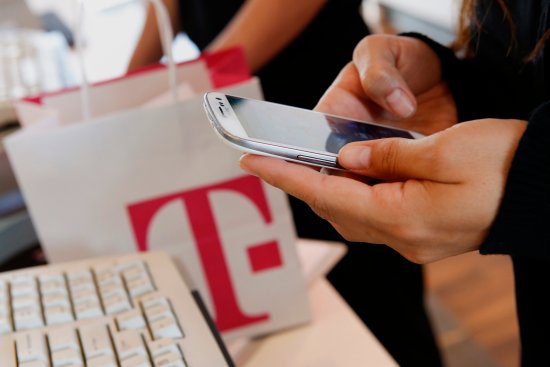
Wireless carrier had originally called FTC lawsuit "unfounded"
T-Mobile has agreed to pay at least $67.5 million in customer refunds to settle claims that its customers were the victims of cramming, the Federal Trade Commission said Friday. Cramming is a once-common tactic in the telecom industry through which third parties hide unwanted charges for things like horoscopes and love tips in customers’ wireless bills.
In addition to the refunds, T-Mobile will pay $18 million in fines and penalties to attorneys general in every state and Washington D.C., as well as a $4.5 million fine to the Federal Communications Commission.
“Mobile cramming is an issue that has affected millions of American consumers,” FTC Chairwoman Edith Ramirez said in a statement. “Consumers should be able to trust that their mobile phone bills reflect the charges they authorized and nothing more.”
The FTC originally filed a lawsuit against T-Mobile over cramming claims in July. At the time, T-Mobile CEO John Legere, who has staked the company’s reputation on being more fair to customers than rival wireless carriers, called the allegations “unfounded and without merit.” T-Mobile did not immediately respond to a request for comment Friday.
T-Mobile will be required to contact all current and former customers who had unwanted charges crammed into their bills and offer them refunds. The company will also have to get customers’ consent before putting third-party charges on their bills in the future.
The T-Mobile case is the latest in a series of cramming settlements that the FTC has brokered. AT&T agreed to pay $105 million in refunds and fines for cramming charges in October.
PHOTOS: The Rise of Mobile Phones from 1916 to Today












